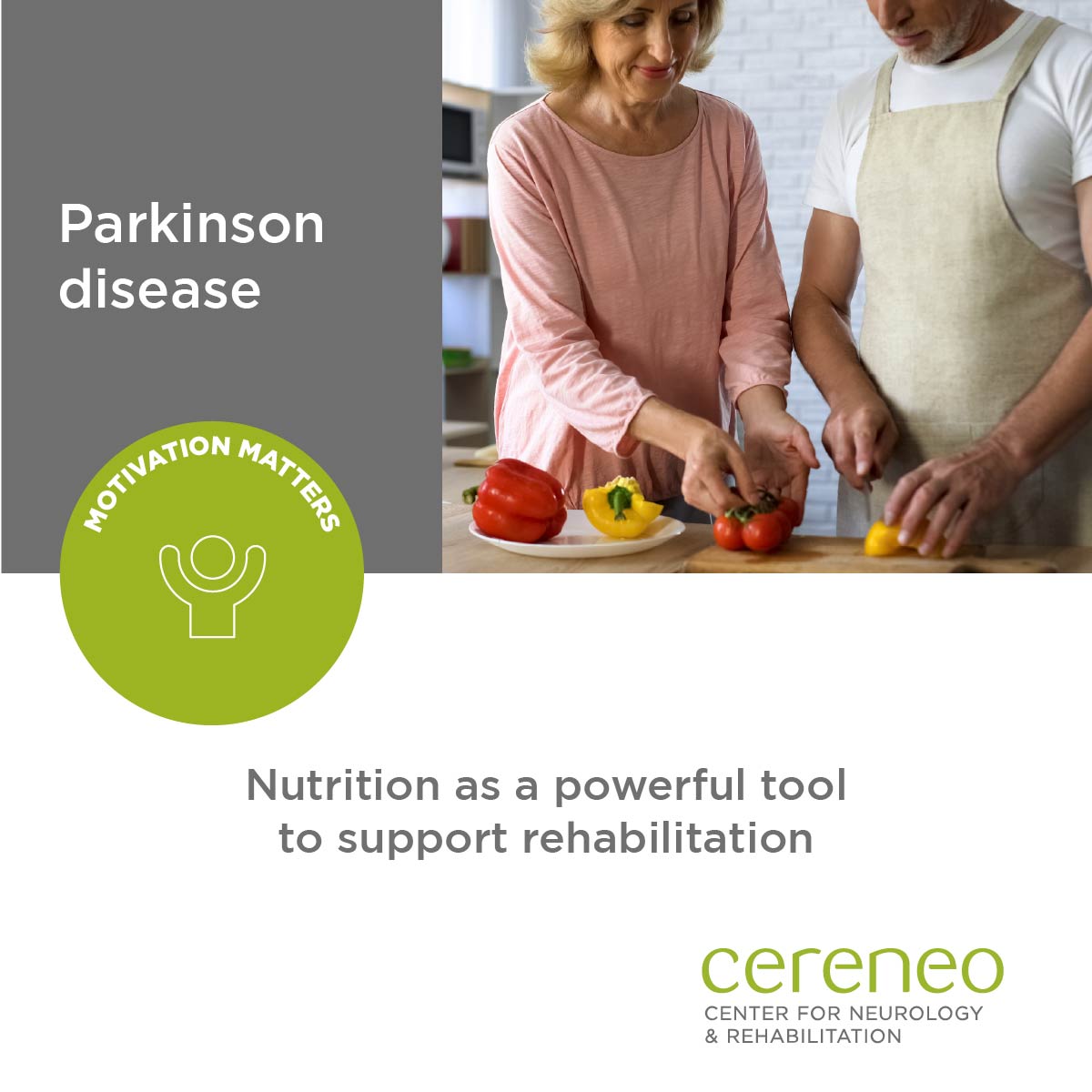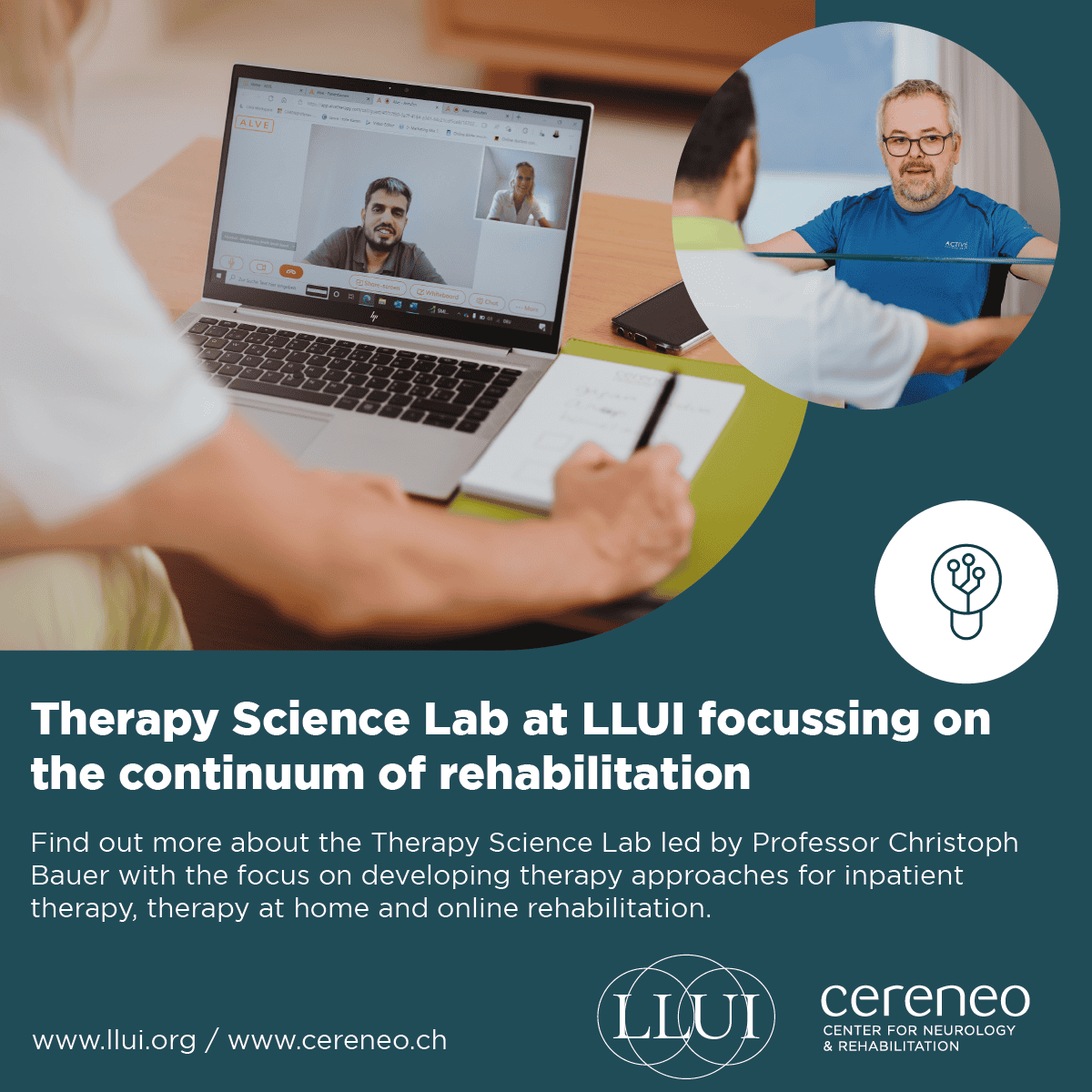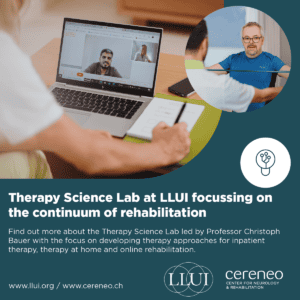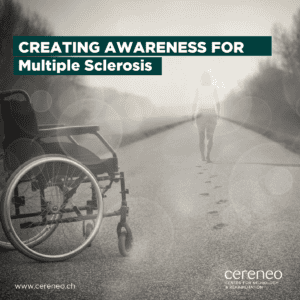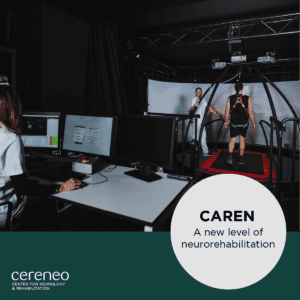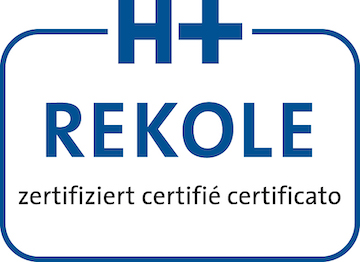At cereneo, our focus is on rehabilitation of neurological diseases. To support recovery of our patients, we put great emphasis on nutrition showing patients ways to change their eating habits in the long run. Nutrition can significantly contribute to your health and wellbeing. There are so much delicious and healthy food, changing your diet doesn’t mean eating bad tasting food.
In our series nutrition and rehabilitation, we focus on various neurological diseases. In this article the focus is on Parkinson’s disease. When it comes to Parkinson a balanced nutrition is very important.
But let’s take a step back and give some insights on this disease.
What is Parkinson? What are the causes?
It is one of the most common neurodegenerative diseases with around 10 million people worldwide affected by it. It occurs more often in men, than in women and the disease typically develops between the age of 50 and 60.
Despite a lot of research, little is known about the causes, but it is the result of a declining dopamine production. Dopamine is a neurotransmitter produced by the body used by the nervous system to send messages between nerve cells. Too much or too little of it can lead to a vast range of health issues.
What are typical symptoms of Parkinson?
Physical symptoms include:
- Tremor (resting tremor)
- muscle stiffness (rigor)
- slowed movements with small steps and often reduced swinging of the arms (in many cases one-sided)
- typical facial masking making it difficult to show emotional expressions
Usually changes or impairments of non-motor functions occur much earlier and should alarm relatives. Typical non-motor symptoms can be talking in sleep or sleepwalking, incontinence, depression, anxiety, pain, dizziness and loss of smell and taste, among others.
Next to the typical symptoms, Parkinson is often accompanied by sleep problems, constipation, bladder problems and problems with swallowing and chewing. Thus, eating and a healthy diet can become a very challenging and tiring task for Parkinson patients, which can lead to malnutrition. As Parkinson patients have a higher stress metabolism caused by uncontrolled movements, it is especially important to adapt the energy requirements and eating habits.
Here are some helpful tips for your eating habits:
- Reduce the size of each meal and eat more frequent meals throughout the day. As eating can be very exhausting for Parkinson patients, it is best to have 5-6 meals to ensure a sufficient food intake.
- Eat high calorie foods like avocados, nut butter or spreads and salmon to make sure you cover your calorie requirements. You can even add some nuts or an avocado to a smoothie in order to add more calories to a snack-meal.
- High fibre carbohydrates, pulses, vegetables and fruits give you energy and have a positive effect on digestion, reducing constipation.
- Make sure that the food has the right consistency so it can be swallowed easily. For this it is helpful to get advice from your treating neurologist, speech therapist or a nutritional expert.
- Do not eat proteins 30 minutes before and an hour after your dopamine-medication to allow it be as efficient as possible. Proteins reduce the processing and absorption of the dopamine medication.
At cereneo we are constantly researching ways to better support neurological rehabilitation with nutrition.
If you suspect someone to have Parkinson, it is important to go for a medical check-up. The earlier Parkinson is diagnosed, the better. With early treatment it is not possible to prevent symptoms altogether, but the onset of severe symptoms can be delayed for years.
For a second opinion or advice from a neurologist, cereneo offers online consultations.
